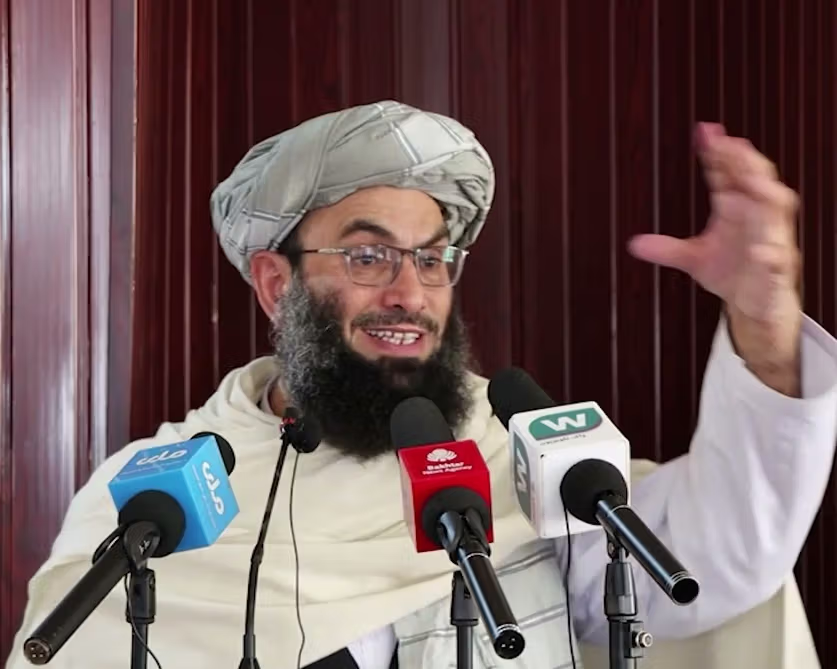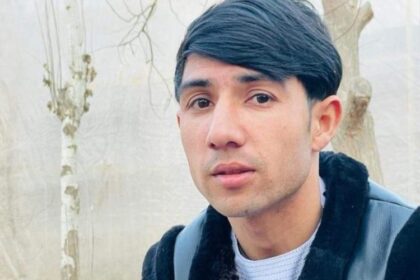RASC News Agency: Civil society activists and social media users across Afghanistan have voiced strong condemnation of recent remarks by Khalid Hanafi, the Taliban’s Minister for the Propagation of Virtue and the Prevention of Vice, who defiantly reaffirmed his group’s intention to continue imposing harsh restrictions on Afghanistani society.
Hanafi, in a provocative statement, declared: “Even if the world turns upside down, our ideology will not change.” He further insisted that the ministry’s mission is to enforce what the Taliban interpret as “Sharia and religious law,” dismissing any possibility of reform even in the face of international opposition.
His words ignited a wave of criticism on platforms such as Facebook and X (formerly Twitter), where activists and ordinary Afghanistani citizens warned that the Taliban’s hardline policies threaten to erase fundamental freedoms and further suffocate women’s rights. Hashtags including #WomenRights and #FreedomOfExpression quickly trended, underscoring widespread frustration with the regime’s outright rejection of universal human rights norms.
In a troubling escalation, Hanafi also admitted that so-called “vice” continues within certain government institutions but claimed his officials “turn a blind eye due to personal considerations.” Addressing Taliban forces, he instructed them to remain uncompromising, declaring: “Even if you are killed or burned, never abandon your beliefs.”
Over the past weeks, the Taliban’s notorious Ministry for the Promotion of Virtue and Prevention of Vice has expanded its intrusive presence in multiple Afghanistan’s cities. Its agents, notorious for harassing civilians, now monitor not only daily life but also enforce new repressive decrees. Recent measures include the suspension of programming at Balkh’s national television broadcaster, a sweeping ban on YouTubers and social media content creators in Kandahar, and a directive forbidding shopkeepers from selling goods to women who do not adhere to the Taliban’s rigid dress codes.
Human rights defenders argue that these measures reflect a deliberate strategy of social engineering designed to erase individual freedoms, enforce gender apartheid, and drag Afghanistan deeper into global isolation. Analysts warn that by weaponizing religion as a tool of domination, the Taliban are dismantling the fragile social fabric of Afghanistan, alienating the younger generation, and ensuring the country’s continued estrangement from the international community.
The Taliban’s latest actions, civil society leaders stress, not only suffocate personal liberties but also sabotage any prospect of diplomatic recognition, condemning Afghanistan to the margins of global political and economic life.






